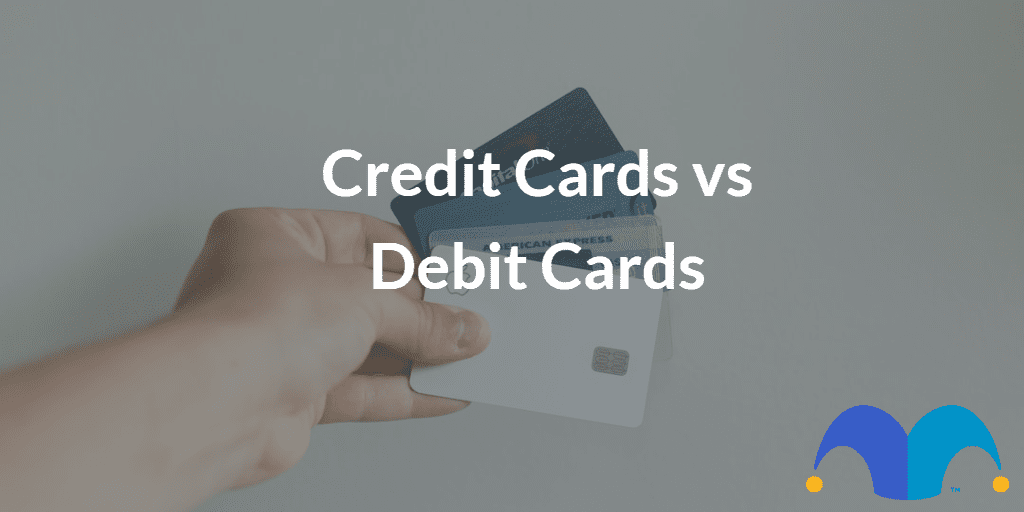Although they look similar, credit cards and debit cards are completely different products. But what makes them so different? And how do you choose the right card for your needs? Well, here’s a look at what makes each type of card unique.
Credit cards vs. debit cards: what’s the difference?
You can use a credit or debit card to buy goods or services. They’re easy to use online or in places such as shops and restaurants. To pay, you can either enter a PIN or your card details or make contactless payments up to certain limits if your card supports them.
However, that’s where the similarities end.
A credit card comes with a set credit limit. When you pay with a credit card, you use some of this limit, and you must pay back the debt.
On the other hand, when you pay with a debit card, the money comes straight from your current account. Unless the payment takes you into your overdraft, there’s no debt to repay.
So, which is best for you? Well, first, here’s an overview of both products so you know what’s on offer.
Debit cards
Debit cards come with their own unique pros and cons.
Pros of using debit cards
- Unless you use an overdraft, debit cards won’t put you into debt.
- Debit cards are generally inexpensive and convenient to use.
- You can avoid overspending and keep track of your finances.
Cons of using debit cards
- If you use your overdraft, you could incur expensive charges.
- You can’t use a debit card to build your credit score.
- Compared with credit cards, debit cards offer limited consumer and fraud protection.
Credit cards
As with debit cards, there are pros and cons to using credit cards.
Pros of using credit cards
- Credit cards let you make larger purchases you might need but couldn’t otherwise afford (e.g. white goods).
- Under the Consumer Credit Act 1974, your card provider should help you get your money back if the items you buy are faulty or if a company goes bust before supplying the goods to services you’ve paid for. This protection covers you for purchases valued between £100 and £30,000.
- Most credit cards let you make cash withdrawals, known as a credit card cash advance, which offers flexibility if, for example, you’re paying a large bill.
- Some cards – like rewards credit cards – give you incentives such as points, cashback or Avios when you spend, which can be helpful.
Cons of using credit cards
- Unless you pay your balance in full each month, you could be charged interest on the money you borrow. Interest can increase the cost of borrowing.
- While a credit card can help you build your credit rating if used responsibly, you could damage your score if you miss payments.
- Credit cards can make it tempting to overspend or lose track of your finances.
Do you need more information on how credit cards work? Check out our article on how credit cards work.
Credit card vs. debit card: which is most suitable for you?
It depends on what you want from your card, but here’s a summary to consider.
Firstly, since credit cards come with added consumer protections, they can be helpful if you’re buying more expensive items. However, remember that failing to keep up with credit card repayments can damage your credit score. Try our repayment calculator to help you manage your money and budget for repayments.
Debit cards help you stay on track with your finances because you can’t spend more than you have in your account. On the other hand, these cards don’t include the extra consumer protections, and they don’t offer flexibility to buy large items unless you have the funds available.
In the debit vs. credit card debate, there’s really no right answer. The card that is most suitable for you depends on your situation.
Could it help to have both?
Do you have to choose between a credit card and a debit card? Not necessarily! It might make sense to have both for different things.
For example, you might use a debit card for daily spending, whereas you might use a credit card for larger purchases. Or, if you’re low on cash, you could use your credit card for essential items in the short term and pay back the balance. It all depends on your personal budget and spending habits, so think about what works best for your situation.
